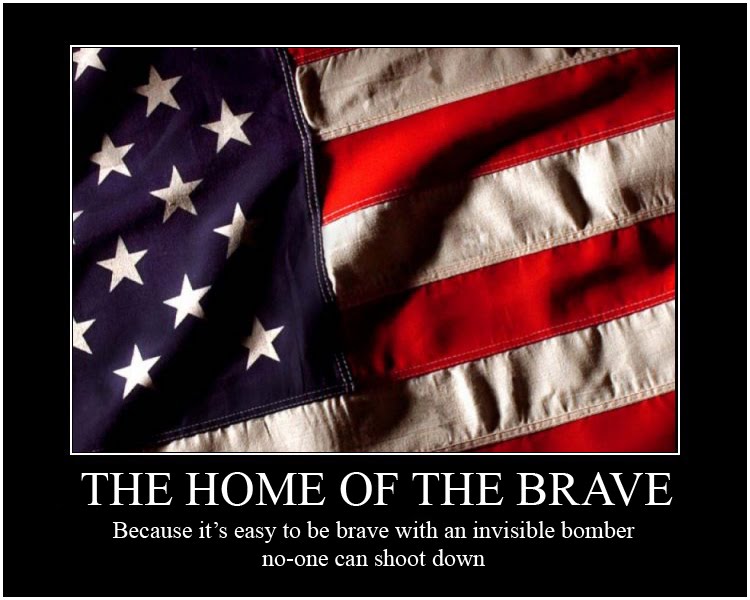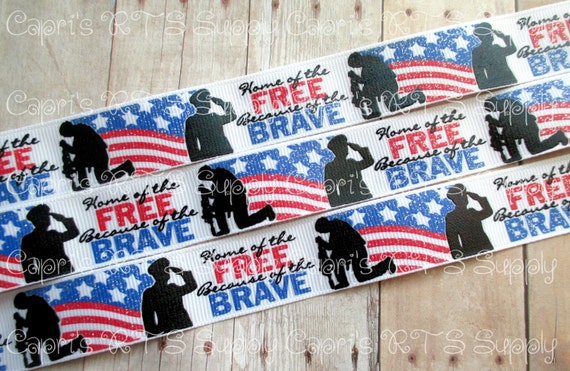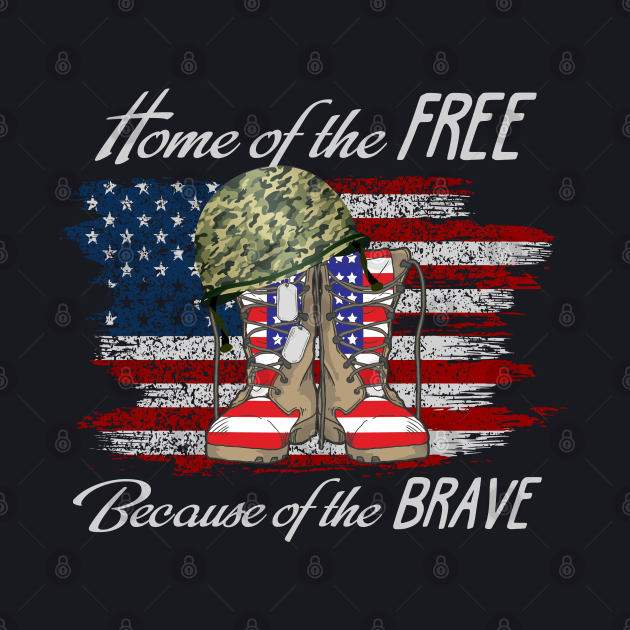
Deng, on this particular night, is practicing one of the defining elements of the lifestyle: dumpster diving. (The freegan movement has roots in Food Not Bombs, a nonprofit organization started in 1980 that takes food that would otherwise by thrown out by grocery stores to food pantries and homeless shelters.) Freegans often embrace waste minimization, eco-friendly transportation, rent-free housing, and working less. It’s part activism, part lifestyle, part moral imperative. The ideas behind the movement are broad, and definitions are open to interpretation. To support our nonprofit environmental journalism, please consider disabling your ad-blocker to allow ads on Grist. For a freegan, the world is a grocery store, and everything is marked 100 percent off. Freeganism, as the movement is known, could be defined as an attempt to live off the waste of capitalism - to salvage those consumer goods that are abandoned when they are slightly worn or even untouched. “We can get it for free.”ĭeng is a freegan, an activist who has chosen to live conscientiously with regard to her impact on people and the planet. “Look at how much people pay for all this stuff!” she says, lifting the book. She’s flipping through a book of advertisements. Her foldable hand cart, the kind used by older women across the city for pushing laundry or groceries, stands in the corner by a coupon rack.


They are full of day-old salads, fruits, vegetables, bread, premade sandwiches, coffee grounds, receipts, and milk cartons.Īt 10 p.m., Annie Deng waits in the entrance of a Duane Reade on 110th Street. On the sidewalks, black and translucent trash bags pile up.

The bagel shops and gourmet groceries, the restaurants and delicatessens, are closed or closing for the night, lights dimmed, iron gates shuttered over storefronts. Photo: married to potatoesIt’s after dark in Manhattan, and the Upper West Side neighborhood of Morningside Heights is shutting down.


 0 kommentar(er)
0 kommentar(er)
